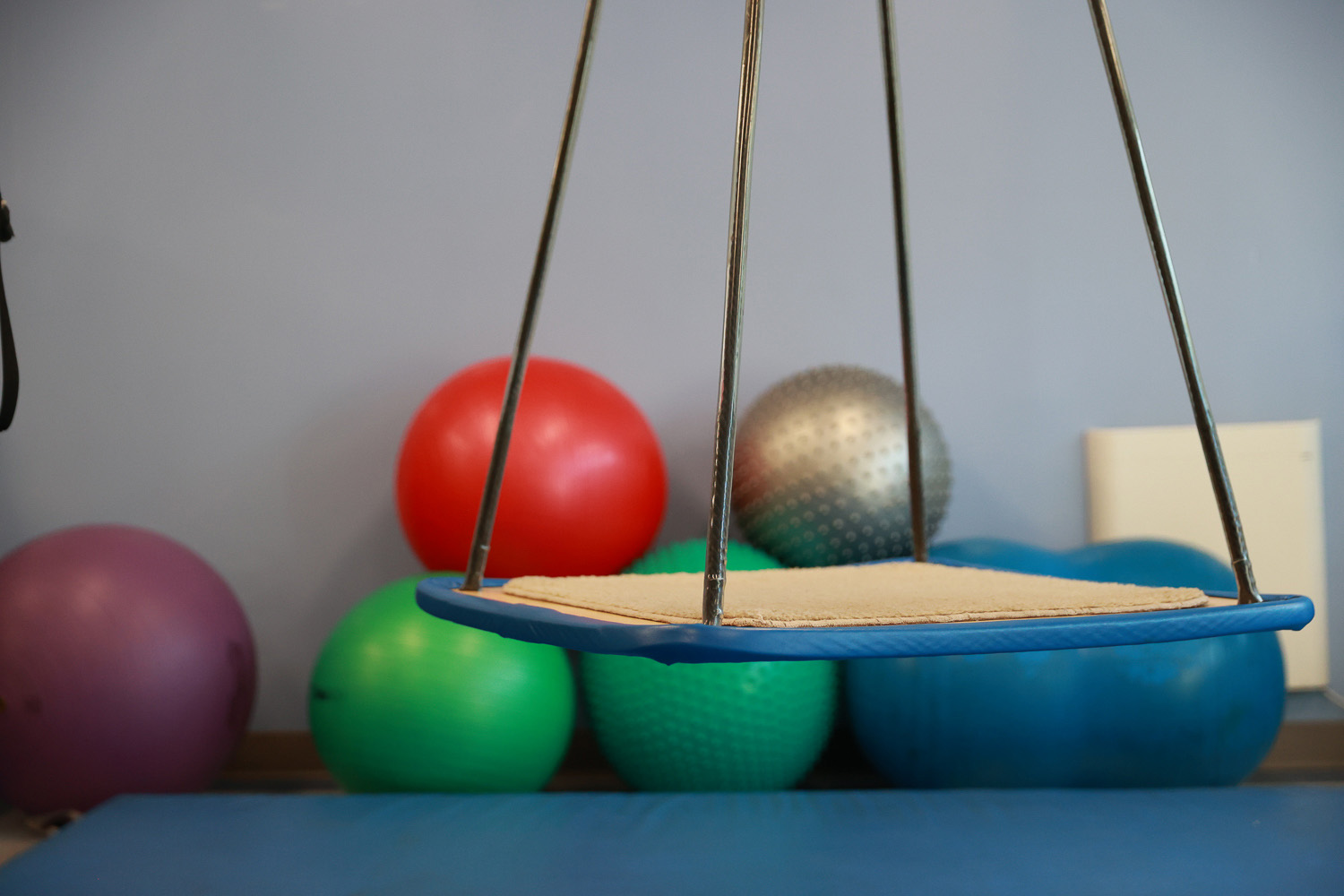RELATED SERVICES
A Collaborative Team Approach
Related services are an integral part of The Summit School’s philosophy of providing a collaborative, team-oriented approach towards a student’s overall development. Our service providers work closely with classroom teachers to ensure each student’s success. The Summit School offers Counseling, Occupational Therapy, and Speech and Language services.
Counseling
At Summit, school-based counseling is provided by our licensed clinicians during individual and small group sessions. Cognitive-behavioral therapy techniques, frustration and stress management, social skills instruction, and self-esteem enhancement are among the methods used. Students learn specific strategies to help them sustain appropriate student behavior, develop and use positive coping strategies, successfully problem solve, and establish and maintain appropriate peer relationships. Developing time management, study, and organizational skills are also a focus of counseling. Clinicians work collaboratively with all members of the school community, parents, and outside service providers to help students participate to their fullest potential.
Occupational Therapy
Working closely with classroom teachers, Summit’s occupational therapists address areas that may interfere with a student’s educational performance. These include fine and gross motor skills, oral motor function, visual motor and perceptual abilities, sensory awareness and processing, self-care, and prevocational requisites. A variety of intervention strategies are implemented. Handwriting support and the use of assistive technology are also a major focus of the occupational therapy program. Students are seen for individual and small group sessions depending on their related services mandates.
Speech & Language Services
Speech/language pathologists work closely with teachers to help students manage the language demands of the curriculum. Weekly pragmatic language classes at the Lower School and social skills modules at the Upper School enhance essential social communication abilities.
The major goals of the speech and language department are to:
• Improve receptive and expressive language skills necessary for academic success in both oral and written modalities
• Facilitate pragmatic language skills for social/emotional growth and development
• Effectively partner with school staff and families to ensure generalization of skills and strategies
Students are seen for individual and small group sessions, depending on their service mandates. All clinicians are licensed by New York State and certified by the American Speech-Language-Hearing Association.
“I was… obsessed with learning about Helen Keller and the communication obstacle that she overcame and I just, that was my direction, I knew it. So I started off in undergrad in terms of speech and graduate school. And I worked in a hospital for nine years… then I had my child and then the opportunity came up to work in a school which was much more conducive to the lifestyle I wanted at the time… I can’t really imagine that I ever worked anywhere else actually.”
Nancy Morgenroth
Director of Admissions and Speech and Language Services


